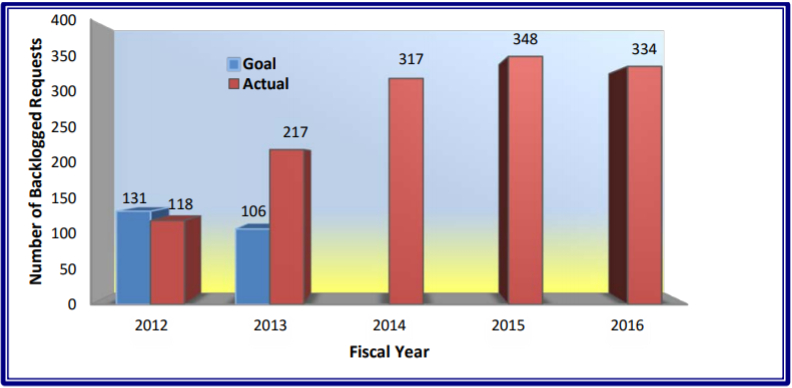The outline of pending tax reform provisions remain vague, but a significant impact on M&A activity is expected by way of corporate tax cuts, interest deductibility, changes to the expensing of capital investments, a reduction of the pass-through tax rate and changes to our international (territorial) tax system.
read more

 Subscribe
Subscribe





